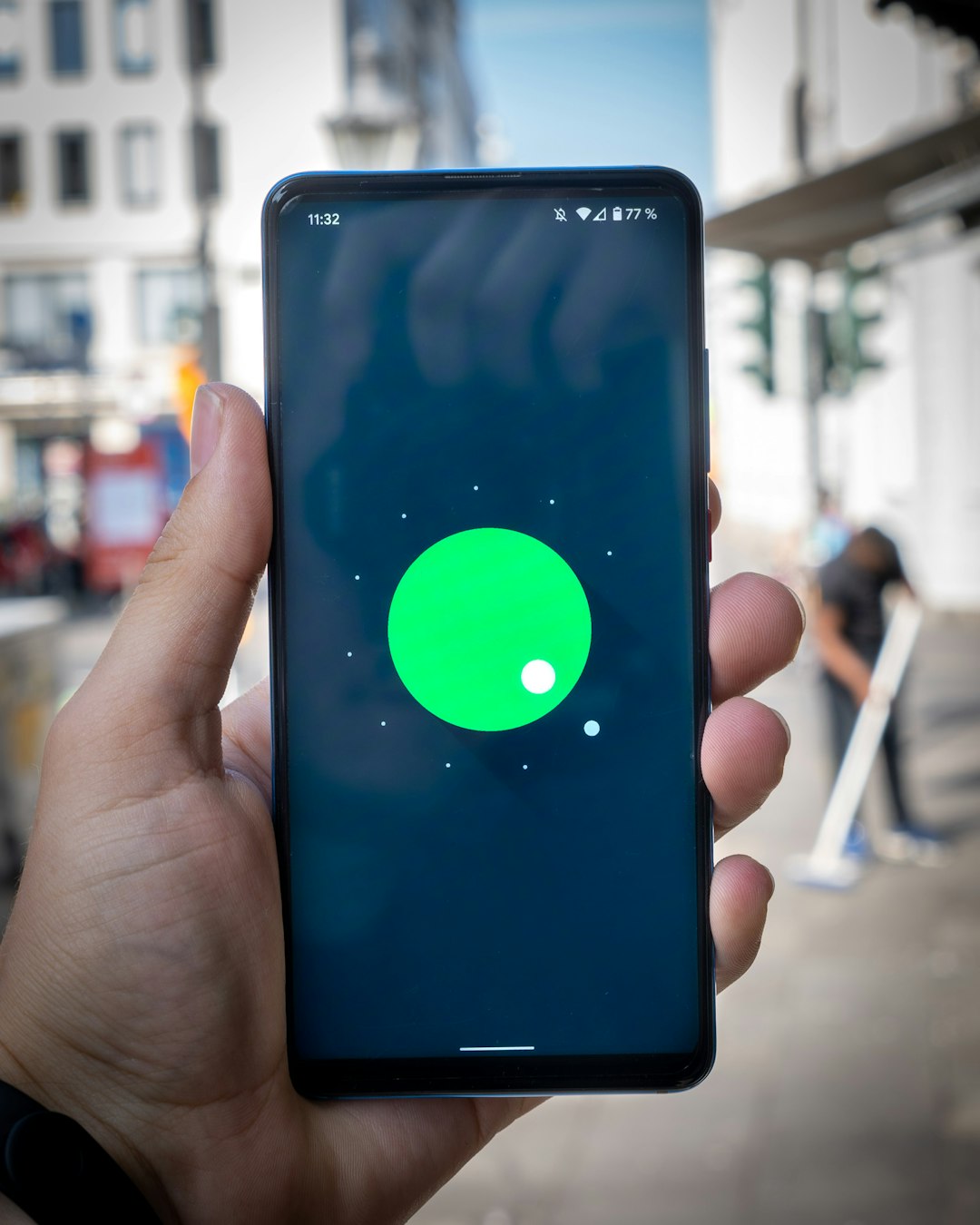Robocalls have transformed from nuisances into significant disruptors in various life areas, including patient care in Lumberton, Mississippi. Automated calls from marketing and political entities interfere with medical communication, causing delays and misunderstandings. Residents are turning to lawyers for Robocall Mississippi to seek relief and ensure their rights to uninterrupted healthcare. Strategies to combat this issue include do-not-call lists, improved call routing, and personalized communication. Healthcare facilities can implement advanced call screening, staff training, and collaboration with legal experts to enforce regulations, fostering a patient-centric environment. Lawyers for Robocall Mississippi also help patients understand their rights under the Telephone Consumer Protection Act (TCPA) and pursue damages if necessary, preserving privacy and enhancing healthcare communication quality.
In today’s digital age, robocalls have become a persistent nuisance, particularly in healthcare. This article explores the impact of automated phone calls on patient care in Lumberton, Mississippi. We delve into how robocalls affect accessibility, examine the legal protections available to patients, and present strategies to mitigate disruptions. Additionally, we highlight how digital solutions can enhance patient care while offering insights for residents seeking a lawyer for robocall issues in Mississippi.
Understanding Robocalls: The Modern Nuisance

Robocalls, an increasingly prevalent modern nuisance, have transformed from mere irritants to significant disruptors in various aspects of life—including patient care. These automated phone calls, often used for marketing or political purposes, are designed to reach a large number of people quickly. However, their impact on healthcare is noteworthy. In the medical field, Robocalls can interfere with patient-doctor communication, leading to delayed responses and potential misunderstandings.
For individuals in Lumberton seeking legal recourse against relentless Robocalls, especially from unscrupulous marketing firms, consulting a lawyer for Robocall Mississippi can be a crucial step. These calls not only disrupt personal lives but also compromise the quality of care by diverting attention away from patient needs. As such, addressing this issue through legal means may offer much-needed relief and ensure that patients’ rights to uninterrupted healthcare are respected.
Impact on Healthcare Accessibility in Lumberton
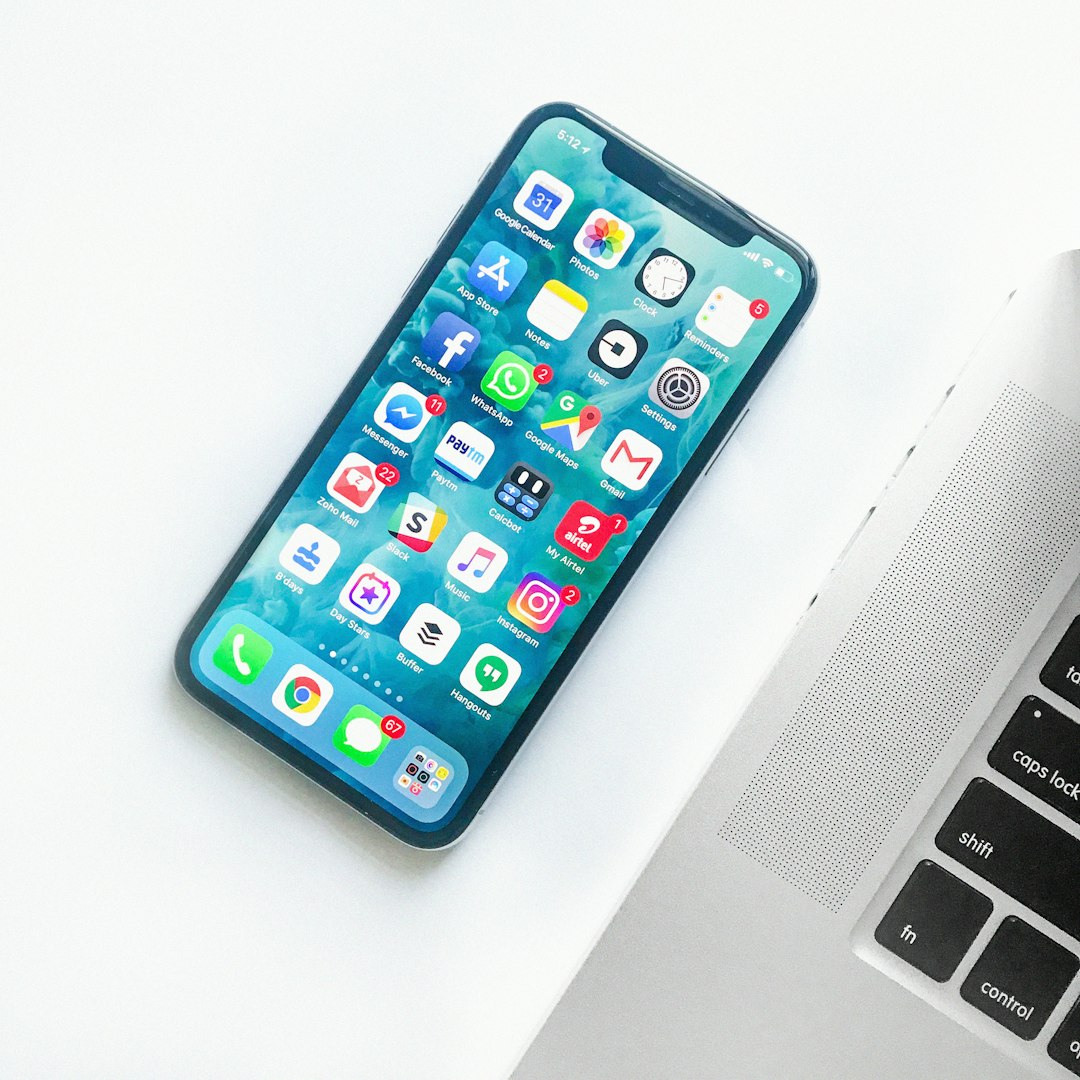
In Lumberton, robocalls have significantly impacted healthcare accessibility, particularly for underserved communities. Automated phone calls, often used for appointment reminders or health education, can be a nuisance when overused or poorly targeted. However, they also pose a barrier to care by overwhelming medical staff with non-essential calls during peak hours, delaying patient interactions and potentially affecting the quality of treatment. This issue is especially pertinent in a small city like Lumberton where healthcare resources are already strained.
The prevalence of robocalls has prompted some residents to seek legal assistance from a lawyer for Robocall Mississippi to understand their rights and explore solutions. By advocating for better call management practices, patients can ensure that healthcare services remain accessible and efficient, ultimately benefiting the entire community. Effective strategies include implementing do-not-call lists, refining call routing systems, and prioritizing personalized communication over automated messages.
Legal Perspective: Protecting Patients' Rights
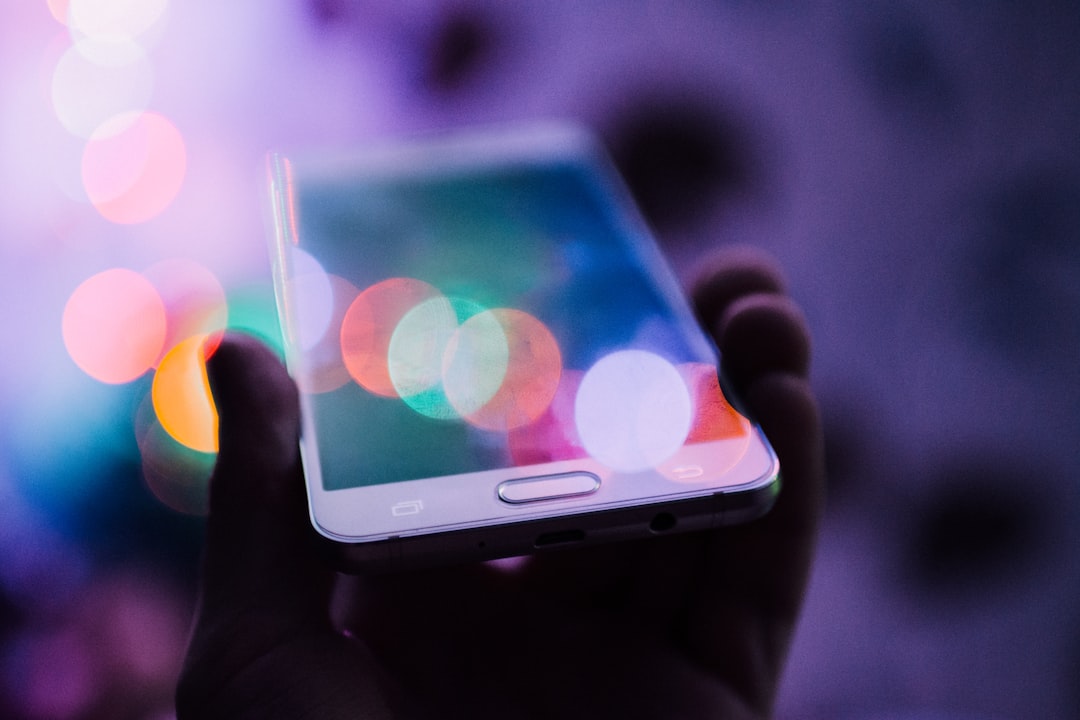
In Mississippi, as in many states, patients have rights when it comes to communication from healthcare providers. The rise of robocalls has introduced a new challenge to protecting these rights. Automated phone calls, or robocalls, are often used by medical facilities and insurance companies for reminders, appointments, and other administrative tasks. However, when these calls become unsolicited or intrusive, they can negatively impact patient care. Patients may feel overwhelmed or irritated, leading to decreased trust in their healthcare providers.
From a legal perspective, a lawyer for Robocall Mississippi can help patients understand their rights and take action against violators. The Telephone Consumer Protection Act (TCPA) restricts the use of automated dialing systems and prerecorded messages for telemarketing purposes, including health-related calls. Patients who experience unwanted or misleading robocalls may file complaints with the Federal Trade Commission (FTC) or seek legal counsel to pursue damages. By holding callers accountable, these measures aim to preserve patient privacy and ensure that healthcare communication remains focused on providing quality care.
Strategies to Mitigate Robocall Disruption
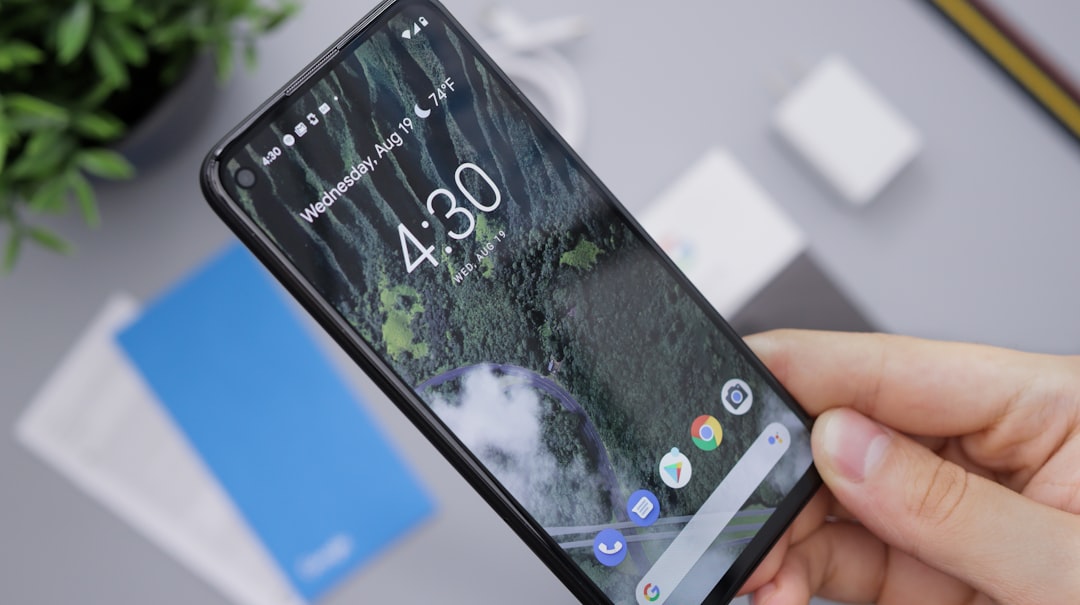
To mitigate the disruptions caused by robocalls in patient care settings, healthcare facilities in Lumberton can employ several strategies. First, implementing robust call screening and blocking technologies can help filter out unwanted calls, ensuring that staff members are not constantly distracted by automated messages. Additionally, training staff to handle robocalls effectively, such as promptly hanging up or using do-not-call lists, can significantly reduce their impact.
Healthcare providers can also collaborate with local legal experts specializing in robocall cases, like a lawyer for Robocall Mississippi, to understand and enforce existing regulations aimed at curbing excessive automated calls. Encouraging patients to register complaints about robocalls can provide valuable data for identifying sources and potential legal action. Such collaborative efforts can create a more patient-centric environment, ensuring that care isn’t hindered by unwanted phone calls.
Enhancing Patient Care Through Digital Solutions
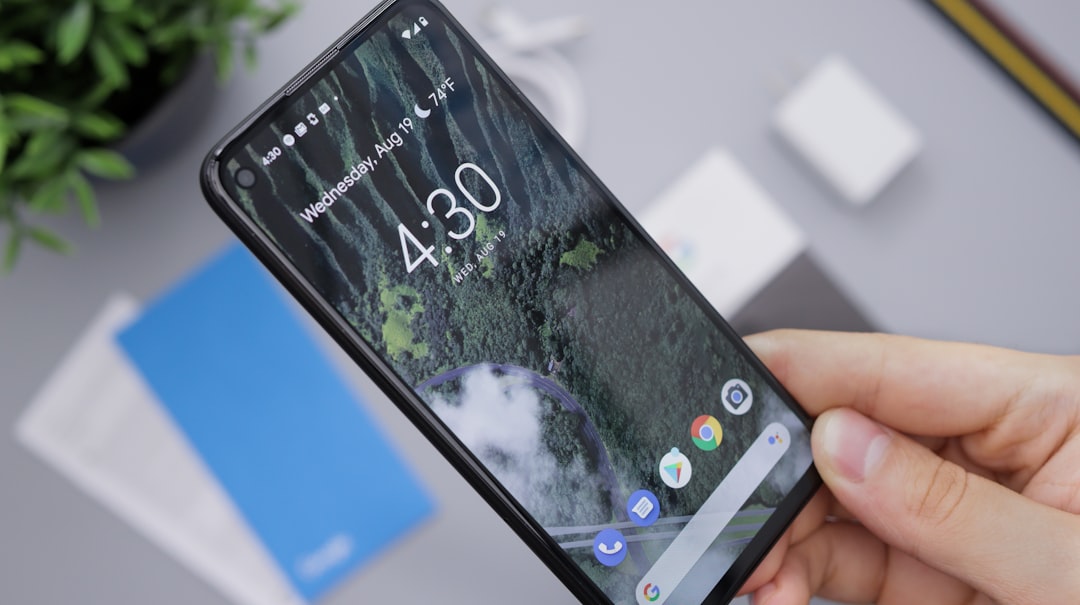
In today’s digital era, healthcare institutions in Lumberton are leveraging advanced technologies to enhance patient care and communication. Digital solutions like online appointment scheduling, telemedicine, and secure messaging apps have revolutionized how patients interact with their healthcare providers. These innovations not only streamline administrative tasks but also improve access to care, especially for those living in remote areas or facing mobility challenges.
One notable example of enhancing patient care through digital tools is the reduction in unwanted robocalls. A lawyer for Robocall Mississippi can help patients navigate legal aspects, but on a broader scale, minimizing these calls contributes to a quieter, more focused environment. By implementing better call screening and blocking technologies, healthcare facilities can reduce distractions, allowing medical professionals to dedicate their full attention to each patient’s unique needs. This, in turn, fosters more personalized care and improves overall satisfaction among patients.
